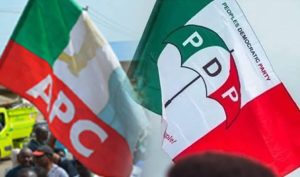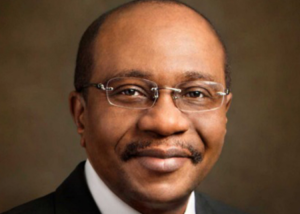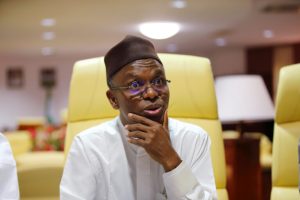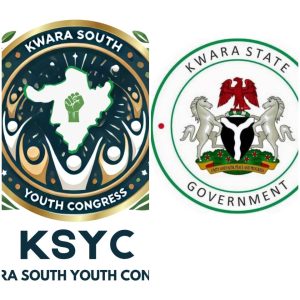The negotiations for a new minimum wage have hit a deadlock, with the Federal Government and organised labour failing to reach a consensus. President Bola Tinubu made this known during the International Workers’ Day celebration in Abuja. He highlighted the government’s efforts but acknowledged the inability to reach an agreement.
The President’s Special Adviser on Information and Strategy, Mr Bayo Onanuga, also weighed in, faulting workers’ insistence on the N615,000 minimum wage. He emphasized that no agreement had been reached on the amount for the minimum wage.
However, the President of the Nigeria Labour Congress, Joe Ajaero, defended workers’ demand, asserting that organised labour would not accept any amount that would impoverish its members.
The tripartite committee, established by the President in January, aimed to review the existing N30,000 minimum wage. Last month, the NLC and the Trade Unions Congress proposed a N615,000 minimum wage, which the government did not accept, leading to a stalemate in negotiations.
While the government and private sector proposed between N60,000 and N70,000, the organised labour insisted on N615,000. Ajaero defended this figure, citing an analysis of economic conditions and the needs of an average Nigerian family of six.
Despite the impasse, President Tinubu assured workers of resolving the issue soon, emphasizing the government’s commitment to a fair living wage. He highlighted the importance of collective bargaining and urged for a resolution beneficial to all parties.
In response to the President’s comments, the Vice President of the TUC, Mr Tommy Etim, argued against labelling the negotiations as a failure, emphasizing the ongoing deliberations and the need for agreement from all stakeholders.
Additionally, the labour unions demanded an end to excessive borrowing by the Federal Government and criticised government policies affecting businesses and the economy. They called for transparency, accountability, and bold leadership to address economic challenges.
Regarding the energy crisis, labour leaders raised concerns about mismanagement and inefficiencies in the power sector, demanding clarity on tariffs, subsidies, and refinery agreements. They urged for action to ensure equitable access to energy and economic prosperity for all Nigerians.
In conclusion, while negotiations for a new minimum wage remain deadlocked, both the government and organised labour are committed to finding a resolution that addresses workers’ welfare and economic challenges facing the nation.






